-
Too many ads? Join our community of cat lovers now to reduce ads by 90%! Click here to join for free!
cat dental care
-
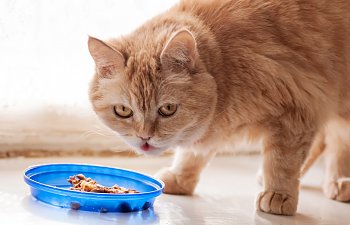
Why Has My Cat Stopped Eating And Is It Dangerous?
"Help! My cat has stopped eating!" A healthy adult cat should be eating roughly one can (6 oz) of wet food or a cup of dry food each day. Quantities differ, according to the cat's weight and level of activity and most cat owners soon find out just how much their own cat requires. What happens...- Anne
- Article
- Comments: 5
- Category: Cat Health
-
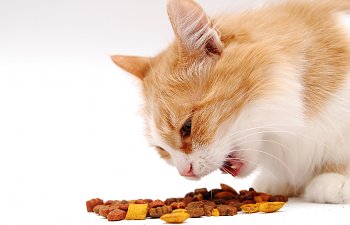
Does Dry Food Actually Clean Your Cat's Teeth?
Cat food is always a hot topic on our forums. There are so many things to consider when deciding which diet is best for your cat that debates can be lengthy, and occasionally heated. When dry food is brought up, we sometimes hear people mention its anti-plaque qualities, often tooted by their...- Anne
- Article
- Comments: 9
- Category: Cat Food & Feeding
-
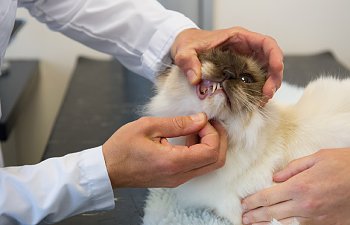
Gingivitis And Stomatitis In Cats
What is Feline Gingivitis?Gingivitis simply means an inflammation of the gums (Ginga in Latin). Food debris and bacteria accumulate on the teeth and gums to become plaque. Left untreated, the layer of plaque hardens and turns into tartar (also called calculus). The layer of tartar is often...- Anne
- Article
- Comments: 5
- Category: Cat Health
-
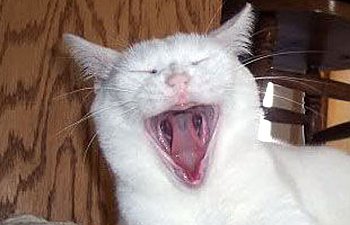
Can Cats Manage Without Their Teeth?
For modern humans, teeth seem to be essential. We chew with our teeth and without them would need a radical change of diet. We use them to speak, and without teeth our speech would be impaired. Last, but not least, there are major aesthetic considerations. It’s little wonder most people fear...- Anne
- Article
- Comments: 7
- Category: Cat Health
-
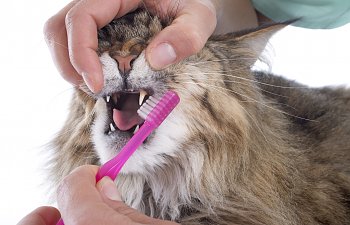
How To Brush Your Cat's Teeth
Brushing your cat's teeth should be an important part of the grooming routine. A survey held on this site showed that only twelve percent of cat owners brush their cat's teeth on a daily basis. Most cat owners prefer to hold an oral hygiene session only once or twice a week. More than twenty...
